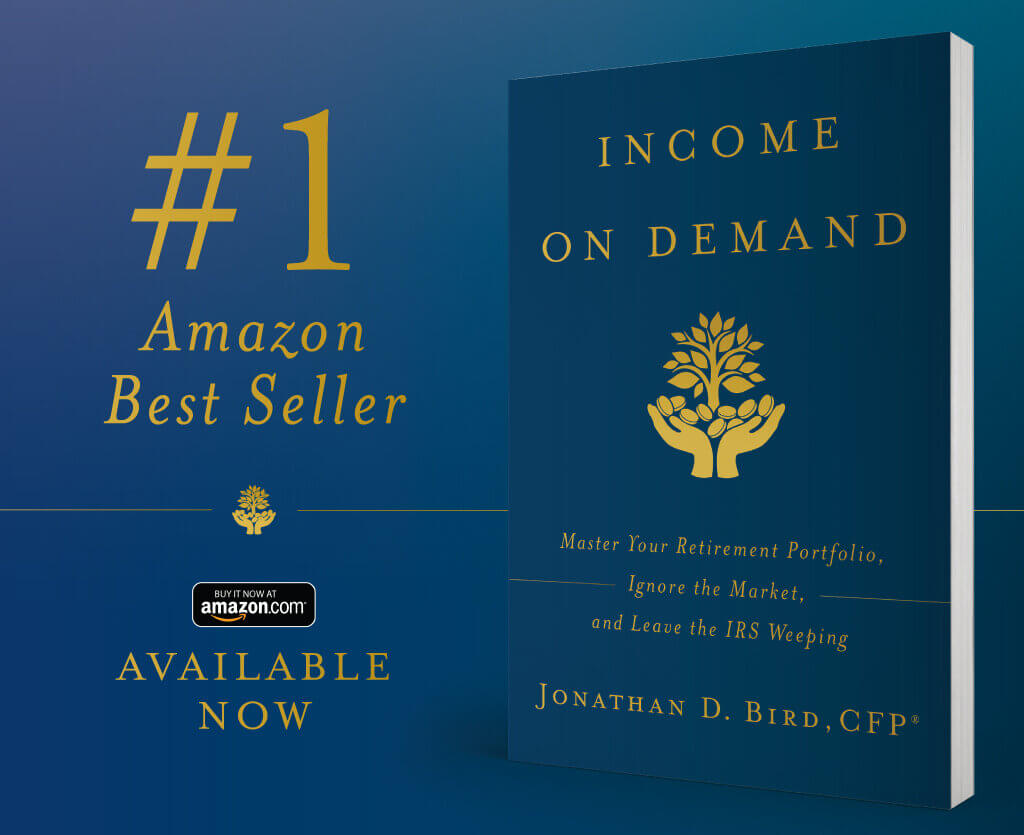The Masters golf tournament is held every April amid the beautiful, blooming flowers in Augusta, Georgia. It’s one of the four major professional tournaments ever year, and my personal favorite. As the 2007 Masters drew near, no one gave golfer Zach Johnson a chance. He was ranked fifty-sixth in the world at the time; only the top sixty scorers in the first two rounds of the tournament even make the final two rounds, so his ranking suggested he was much closer to missing the cut than winning. The world’s best golfer, Tiger Woods, was in his prime, and the second-best golfer wasn’t even close to him. Augusta favored long hitters. Woods was the longest, while Johnson was one of the shortest on the tour. To say he was coming in under the radar would be an understatement.
But Johnson won. I’d argue that he won even before he ever teed it up on the first hole. That’s because Johnson created a plan that set him up for success in the unseasonably cold, wet weather that settled over Augusta the week of the 2007 tournament. That weather made the course play even longer than usual, so the odds on favorites like Woods who typically overpowered it with long drives lost their great advantage. The conditions also played right into Johnson’s hands. He knew he couldn’t overpower Augusta, no matter what the weather, so he decided to lay up on all the par fives and rely on his short game to get the job done. Augusta features four par fives and Johnson laid up on every one of the sixteen times he played them. His score for the week on those holes was eleven under par, which is great even in normal conditions. That gave Johnson an edge that neither Woods nor any of the other top competitors could overcome. He won by two shots and took home the famous Green Jacket. He also took home the winner’s purse of $1.3 million.
My point here is that if Zach Johnson can win the Masters only by creating and following a plan, you can succeed in retirement by creating and following a financial plan. The income-on-demand strategy that I’ve advocated for is very powerful, but it is just a strategy. You need a roadmap to see if using the strategy is in your best interest, and if so, how to use that strategy effectively. A financial plan is that roadmap. You plug in any preferences you want. Maybe it’s no highways, no toll roads, whatever it may be, and it’s going to show you how to get to your destination the way that you want to get there.
What does that look like in your financial life? We tailor your portfolio to what’s important for you. Perhaps its socially-conscious investing, or maybe it’s holding stocks with sentimental value. Maybe it’s leaving nothing to your heirs – maybe it’s leaving everything to your heirs. All of these choices affect what actions need to be taken today to help you achieve your unique goals.
Want to learn more about the benefits of creating a plan, or how to create one?
Check out my book Income on Demand on Amazon to build your financial castle.
Contact Us to learn more about how Farnam Financial can help you achieve your goals.
Jonathan Bird, CFP®
Farnam Financial LLC (“Farnam”) is a registered investment advisor offering advisory services in the State of Arizona and in other jurisdictions where exempted. Registration does not imply a certain level of skill or training. The presence of this website on the Internet shall not be directly or indirectly interpreted as a solicitation of investment advisory services to persons of another jurisdiction unless otherwise permitted by statute. Follow-up or individualized responses to consumers in a particular state by Farnam in the rendering of personalized investment advice for compensation shall not be made without our first complying with jurisdiction requirements or pursuant an applicable state exemption.
All written content on this site is for information purposes only. Opinions expressed herein are solely those of Farnam, unless otherwise specifically cited. Material presented is believed to be from reliable sources and no representations are made by our firm as to other parties’ informational accuracy or completeness. All information or ideas provided should be discussed in detail with an advisor, accountant or legal counsel prior to implementation.





